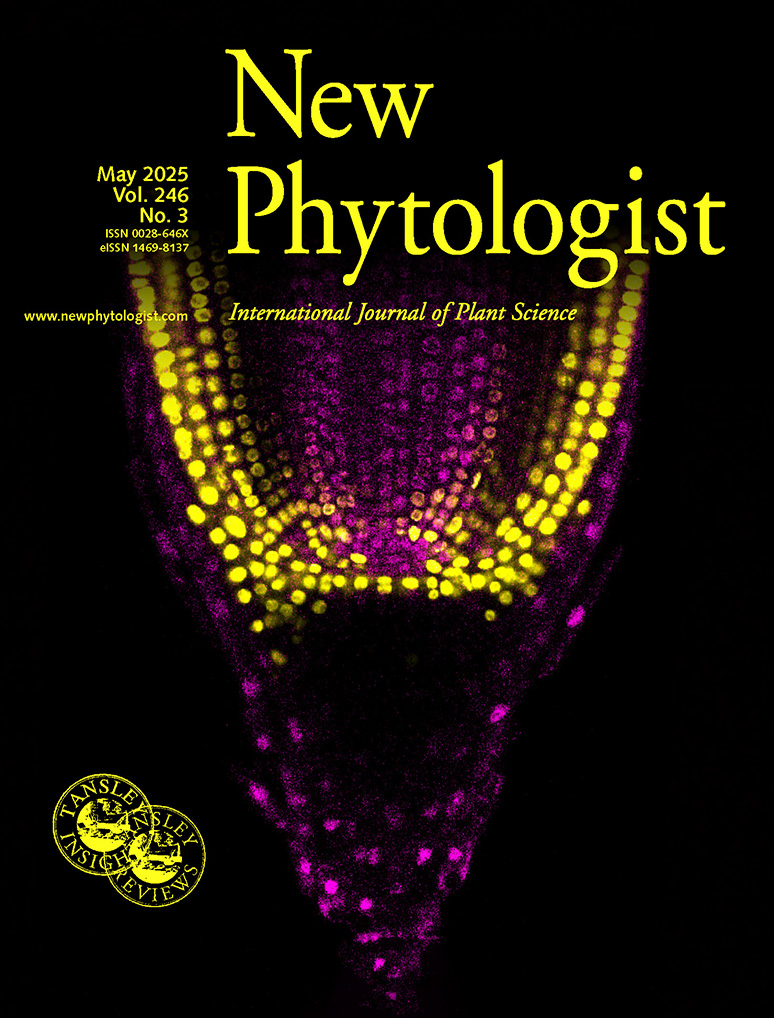New Phytologist publishes excellent, novel, rigorous and timely research and scholarship in plant science and its applications. Topics covered range from intracellular processes through to global environmental change.
Presubmission enquiries
We welcome presubmission enquiries and are happy to discuss ideas for potential papers or special issue topics by email.
Follow us on WeChat
It is with great pleasure that we announce the launch of New Phytologist's own WeChat account! WeChat users can scan the QR code below to follow the account.


